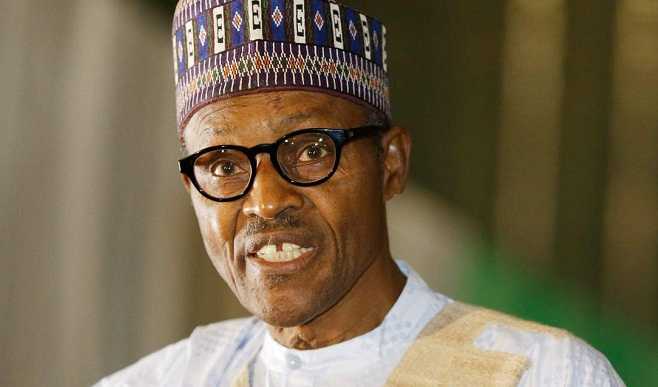By Ndidi Chukwu
Over 2.8 Million people without access to antiretroviral therapy will face death if Nigeria continues to depend heavily on donor funding for treatment programmes, Network of People Living with HIV /AIDS NEPWHAN has warned.
Chair of NEPWHAN’s Board of Trustees, Abdulrahman Momodu said with only 700,000 on ARV among 3.5 million who live with HIV, “in effect about 2.8 million Nigerians may be on their way to an untimely death if the government does not act fast to arrest the situation.”
The concern comes due to Nigeria’s increased GDP which has caused gradual withdrawal of fund by international donor partners who have historically funded HIV/AIDS treatment and programs in the country.
Speaking at the inauguration of NEPWHAN’s new executives in Abuja, Momodu said reduced donor funding “has further increased the vulnerability of people living with HIV/AIDS.”
“[They] now pay for services that used to be free and those that are unable to pay are left with no option than to go home and die.”
Donors previously paid for tests, including CD4 count, viral load and baseline screening, which now cost N2000 to N5000 per patient. Momodu said government taking a lead in funding HIV/AIDS programmes will ease up testing, treatment and sustenance of services.
There are confusions and poor quality services according to the network which has urged President Muhammadu Buhari’ administration to delineate the roles of the federal health ministry and the National Agency for Control of AIDS to end ambiguity of roles.
Ambiguity about roles of both the ministry and its agency in coordinating and implementing HIV services has been a source of controversy that’s left the network uncertain which to deal with under its former coordinator Edward Ogenyi. Victor Omosehin NEPWAN’s new Coordinator said, Nigeria’s most urgent task is to create opportunity for the next generation of Nigerian children to be born HIV free.
He said “Nigeria’s increased GDP has done NEPWHAN members’ bad than good while urging the Nigerian government to take ownership of their care.
“The choices made today will shape the course of our national response, and therefore impact Africa for decades to come,” said Omosehin.




